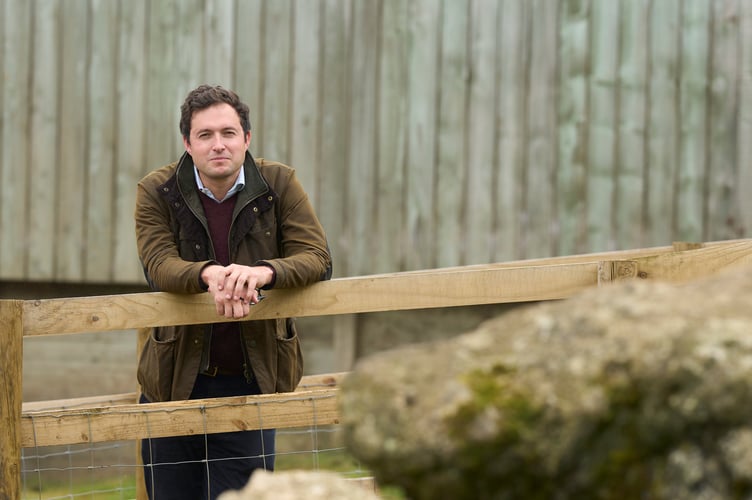Totnes MP Anthony Mangnall has defended the government’s record, saying the chancellor’s recent budget is proof that Number 10 is cutting taxes and “providing the opportunity for people to get back to work”.
The budget earlier this month saw a 2p cut in the pound in NI contributions for employees and the self-employed, although economists have pointed out that the tax burden is still the highest since the Second World War.
And due to ‘fiscal drag’, for every £1 cut in NI contributions, £1.90 will be raised in taxes by 2027, resulting in nearly four million more low earners having to pay tax across the country. This could also include people on a full basic state pension.
Mr Mangnall however said: “The point is you’ve now got up £1,000 of tax cuts for the average earner in this country, and that is a huge amount of money.”
He went on to say the UK was “in a remarkably better shape” than other countries.
Mr Hunt’s budget comes amid increased rumours of a general election, which could be held later this year - perhaps in October.
Regarding the big issues facing the South Hams, Mr Mangnall said: “(They) will certainly be around housing, the cost of living, the jobs and opportunities that need to be found in South Devon, as well as helping people out of unemployment and making sure our rural health care network works, whether that’s dentistry or just access to GPs.”
In February, there were signs that the country had emerged from a brief recession, and with inflation now at 3.4% - its lowest in almost two-and-a-half years – the PM last week said the economy will bounce back this year.
Mr Mangnall described it as positive news, while adding that it was “going to take a bit of time to sort of bite in”.
The crisis facing the NHS, with long waiting lists, a shortage of key medical staff - including GPs – and crumbling hospital buildings, will also be key.
The effects have been starkly illustrated at Plymouth hospital, which has been hit by a string of critical incidents over the last year due to pressure on services.
Mr Mangnall was dismissive of suggestions that it will be harder to finance the NHS with tax cuts.
“If you want to be factual about it, the NHS has got more money in real terms than ever before. Isn’t it about asking for better outcomes?” he retorted.
But according to the BMJ Commission, the NHS will need an immediate cash injection of about £8.5 billion a year over the next four years in order to make up for a £32 billion shortfall in funding.
Mr Mangnall however blamed longer waiting lists on Covid and lockdown for the problems.
“Some of us tried to stop us going into lockdowns because of this exact reason. This is a government that has stuck with people through the worst crisis the world has seen for the last 30-40 years and it comes at a cost, but we’re trying to sort it out.”

.jpg?width=209&height=140&crop=209:145,smart&quality=75)

-Cleared-for-use-by-LDRS-partners.jpeg?width=209&height=140&crop=209:145,smart&quality=75)

Comments
This article has no comments yet. Be the first to leave a comment.